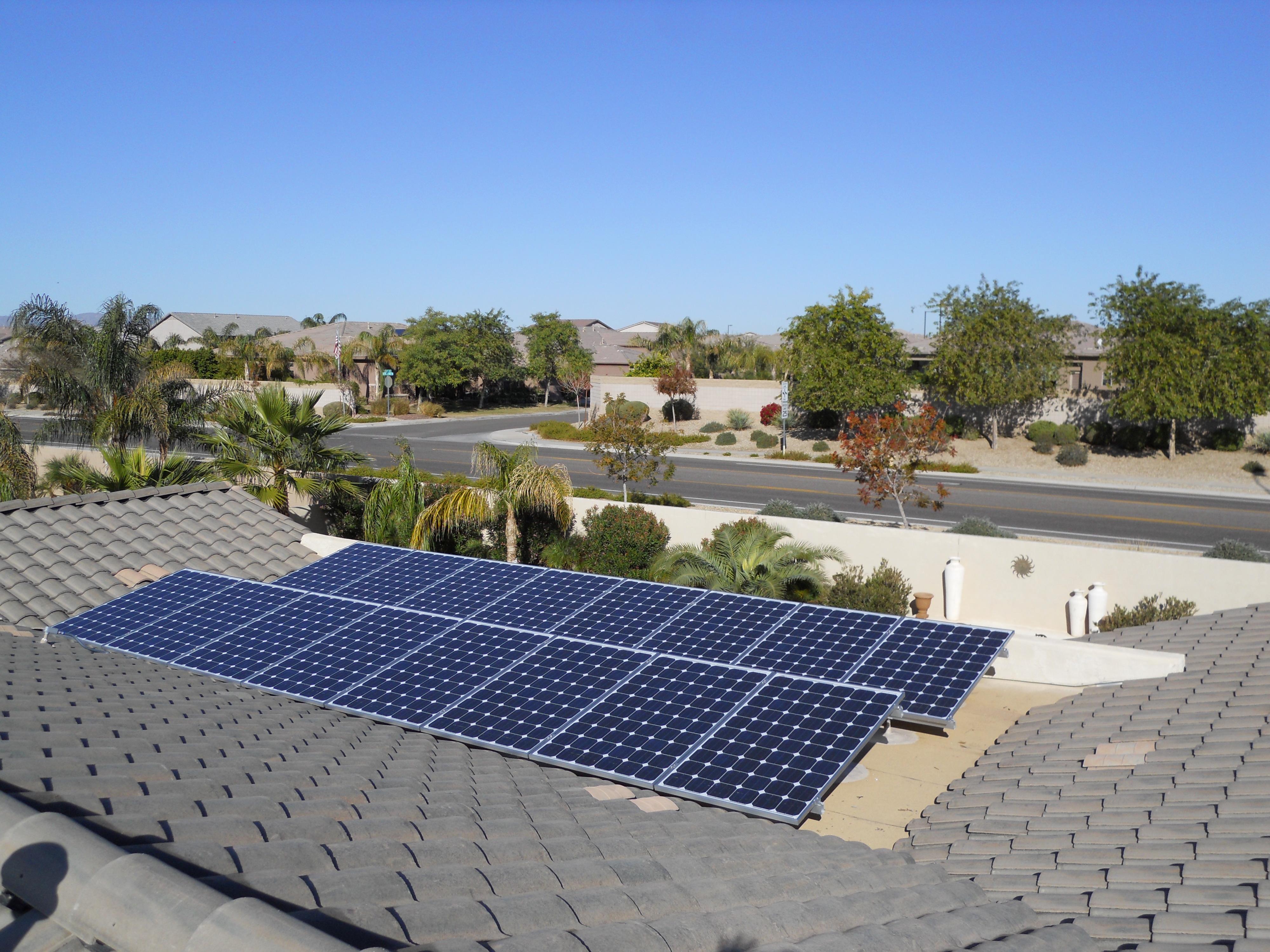Cars that burn up the roads
08/28/2013 Leave a comment
Two articles appeared next to each other on the front page of the WSJ on August 18: ‘US Car Plants Shift to Top Gear,’ and ‘Decade of Drought Threatens West.’
We need to connect the dots.
The manufacture of 60 million new passenger vehicles in 2012 worldwide, 99% of them burning gasoline or diesel, guarantees us more extreme weather disasters.
With rising carbon emissions making the atmosphere warmer, increasing storm surges, floods, droughts and wildfires will destroy infrastructure, water resources, homes, and jobs.
The federal government gives tax credits for the purchase of electric vehicles and installation of solar panels that can be used to charge them, and also requires automakers to increase energy efficiency. This is great, but we should do more. A carbon fee should be imposed to make purchasers of fossil fuels to pay more of the actual costs of using those products. Taxpayers now pick up the tab for spill clean-up, disaster aid, flood insurance, crop insurance and military protection of oil shipments.
A tax on oil, coal and natural gas at the wellhead, mine or point of entry, increasing each year, up to $100 per ton, with revenue returned to households would help level the playing field and allow more profitable production of clean energy alternatives. With a tariff on goods from other countries not imposing a carbon fee, we could also encourage worldwide adoption of clean energy.
